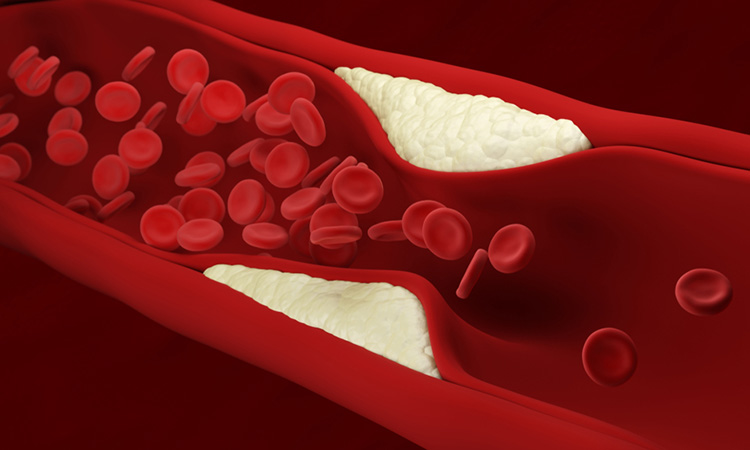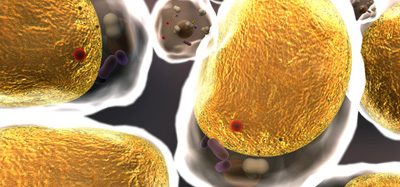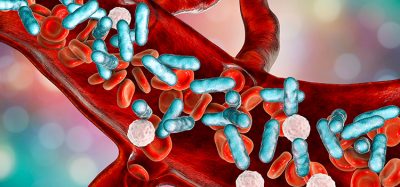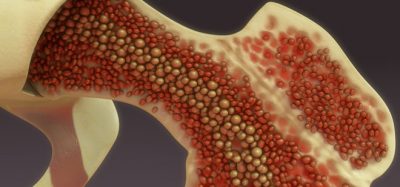Drugs with potential to stop plaque build-up in arteries identified
Posted: 26 February 2021 | Victoria Rees (Drug Target Review) | No comments yet
A new compound can inhibit the build-up of plaque in arteries and prevent atherosclerosis, researchers have shown.


Researchers have reported a discovery that they say could lead to new treatments for cardiovascular disease. The study was conducted at the University of Alberta and Centre hospitalier universitaire (CHU) Sainte-Justine, both Canada.
The researchers identified a new mechanism responsible for the build-up of plaque on artery walls, a process known as atherosclerosis. This plaque, made up of fats, cholesterol and other substances, can restrict blood flow and is a major factor in cardiovascular disease.
“We identified a new mechanism underlying atherosclerosis,” explained Professor Chris Cairo, co-lead author of the new study. “We also demonstrated that this can be addressed pharmacologically. Using inhibitors developed in our lab, we found that this could be a new strategy for therapeutics in cardiovascular disease.”
“The clinical implications of this study include the discovery of a novel pathway involved in the development of atherosclerosis – one of the most important causes of cardiovascular mortality – and the identification of novel, potentially druggable targets that can prevent atherosclerosis independent of cholesterol levels,” said co-lead author Alexey Pshezhetsky from CHU Sainte-Justine.
The researchers examined the role of glycosylation of circulating lipid particles in the blood in atherosclerosis. The researchers looked at low-density lipoproteins (LDL) before and after the removal of a specific glycan residue, known as sialic acid. LDL that had sialic acids removed were taken up by cells more than those that were unmodified. Animal models deficient in the enzymes that remove sialic acids had less formation of atherosclerotic plaques, suggesting these enzymes could be new targets for future therapy.
“The work built on several years of basic research and we hope it will lead to benefits for clinical treatment,” said Cairo, who noted the study was performed in animal models and will need more pre-clinical research before being applied in human clinical trials.
The study was published in the Journal of the American Heart Association.
Related topics
Drug Discovery, Drug Targets, Target Validation, Therapeutics
Related conditions
Atherosclerosis, Cardiovascular disease
Related organisations
Centre hospitalier universitaire (CHU) Sainte-Justine, University of Alberta
Related people
Alexey Pshezhetsky, Professor Chris Cairo








